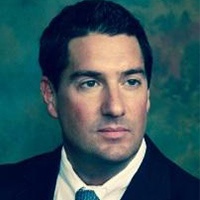Sharon DUI-DWI Lawyer, Connecticut
Sponsored Law Firm
-
 x
x

Click For More Info:
-
Attorney John F. O'Brien
411 Center Street Manchester, CT 06040» view mapCriminal Defense Law Affordable Criminal Defense
Attorney John F. O'Brien is an experienced criminal defense lawyer and trial lawyer. You don’t have to go through this alone, we are here to protect you and your rights!
60-290-9090
James O Ruane
Motor Vehicle, DUI-DWI, Criminal
Jay Ruane is a practicing lawyer in the state of Connecticut.
Scott Leventhal
✓ VERIFIEDDUI-DWI, Accident & Injury, Criminal, Workers' Compensation
Representing the accused and the injured since 1957. We understand that sometimes good people make mistakes. The story of the LoRicco family and t... (more)
Dom Chieffalo
Dispute Resolution, DUI-DWI, Business Organization, Banking & Finance
Status: In Good Standing
Ioannis A. Kaloidis
Commercial Real Estate, Workers' Compensation, DUI-DWI, Personal Injury
Status: In Good Standing
Christopher D. Storm
Child Support, DUI-DWI, Criminal, Farms
Status: In Good Standing Licensed: 41 Years
Jeremy Taylor
Real Estate, Estate Planning, Divorce & Family Law, DUI-DWI
Status: In Good Standing Licensed: 22 Years
Jeffrey D. Ginzberg
Farms, Divorce, Child Support, DUI-DWI
Status: In Good Standing Licensed: 44 Years
 John F. O'Brien Manchester, CT
John F. O'Brien Manchester, CT Practice AreasExpertise
Practice AreasExpertise


